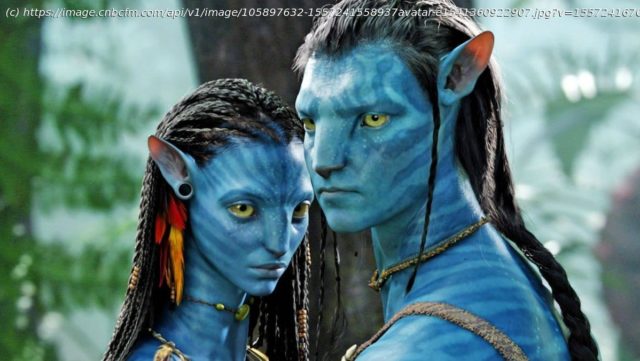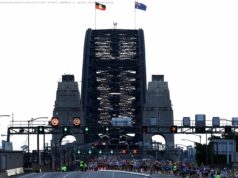Virtual movie production could become the next big thing in Hollywood, with production and video game companies seeing room to replace filming in the real world.
With marquee blockbusters like Warner Bros.’ “The Batman” and Paramount Pictures’ “Mission Impossible 7” on hiatus from shooting because of the Covid-19 pandemic, the film industry is among those contemplating how the way its work is done will change in the future. Virtual production may aid in getting the cameras up and rolling again, allowing production teams to work simultaneously from across the globe.
For Hollywood, virtual production can evolve, as it is across all industries, as a form of vital communication, and be as simple as a budget meeting between producers over Zoom or having an actor re-read their lines via FaceTime. But it can also be much complex and at the core of movie production, with the matching of computer images and live action images — a concept that is not necessarily new — emerging as a long-term solution to creating content after the coronavirus.
“With Covid-19, we are finding that a lot of the tools that we offer are much more applicable with the challenges of creating a film in a post Covid world,” said Guy Williams, an Academy Award-nominated visual effects supervisor for Weta Digital, a digital visual effects company founded by “Lord of the Rings” director Peter Jackson back in 1993.
“[Long-term], the idea is that virtual production and physical production will merge in a way that you cannot tell them apart,” Williams said.
While it can still be an expensive way to film, virtual production reduces air travel for shoots and enables directors to make subtle changes late into a film’s production, like the color of a character’s hair in an animated feature, according to Williams and VFX producer David Conley, who also works for Weta Digital. More importantly though, virtual production is an indirect proponent of social distancing, allowing filmmakers to create full scopes of movies without ever having to cram people onto a production set.
For instance, VFX artists can create digital landscapes of New Zealand, enabling a director in Spain to plan their film with a hololens, which is basically a mixed reality helmet. That director can then work with a production designer in London to figure out where they should position their characters, meaning no matter how far apart a production team may be from each other, the creative process doesn’t skip a single beat.
“In a post-Covid world, we have to get movies up and running while abiding by the recommended guidelines for safety,” Conley said. “Now this does not mean we can replace actors or remove the entire live action process, but virtual production allows us to plan to make movies, requiring fewer live action elements.”
The technology is becoming more innovative and cutting across related industries.
Rebellion Studios, the film division of UK-based multimedia company Rebellion — which produces comic books, video games, film, and visual effects services — is currently in the process of producing film content with the help of its video game engine.
Home
United States
USA — Cinema Why Hollywood movie-making may become more virtual in a post-coronavirus world






